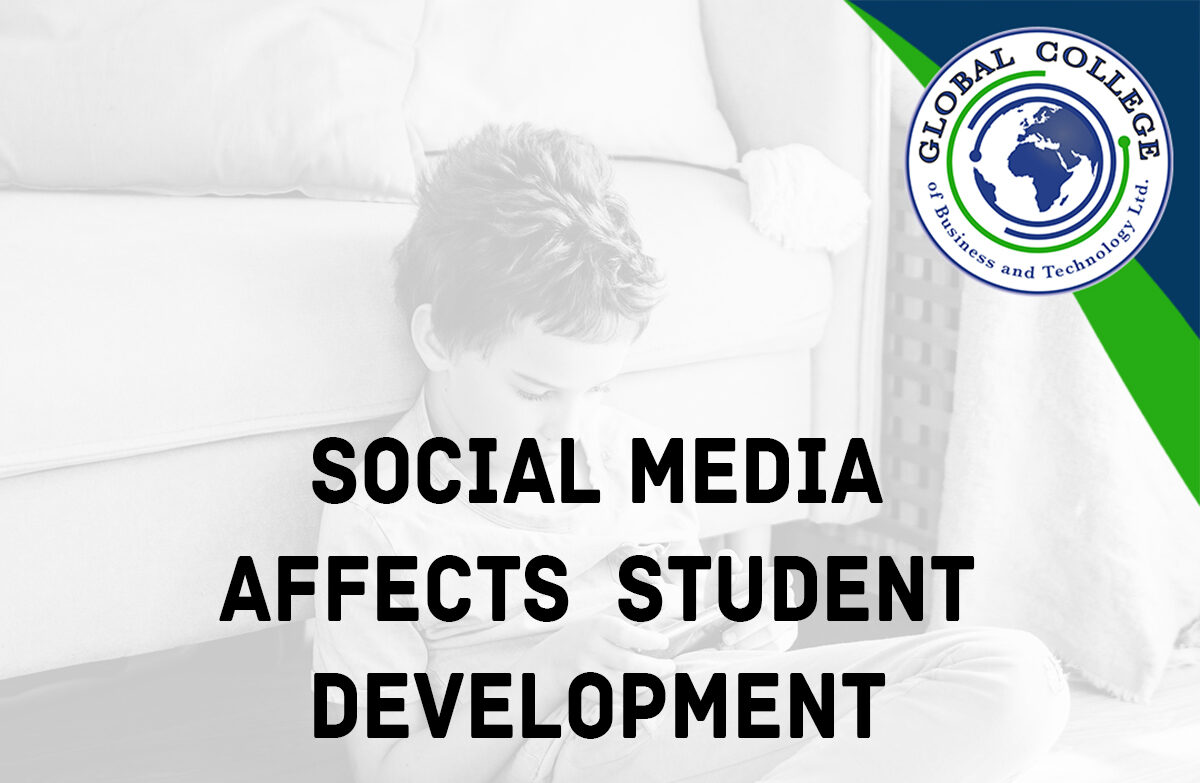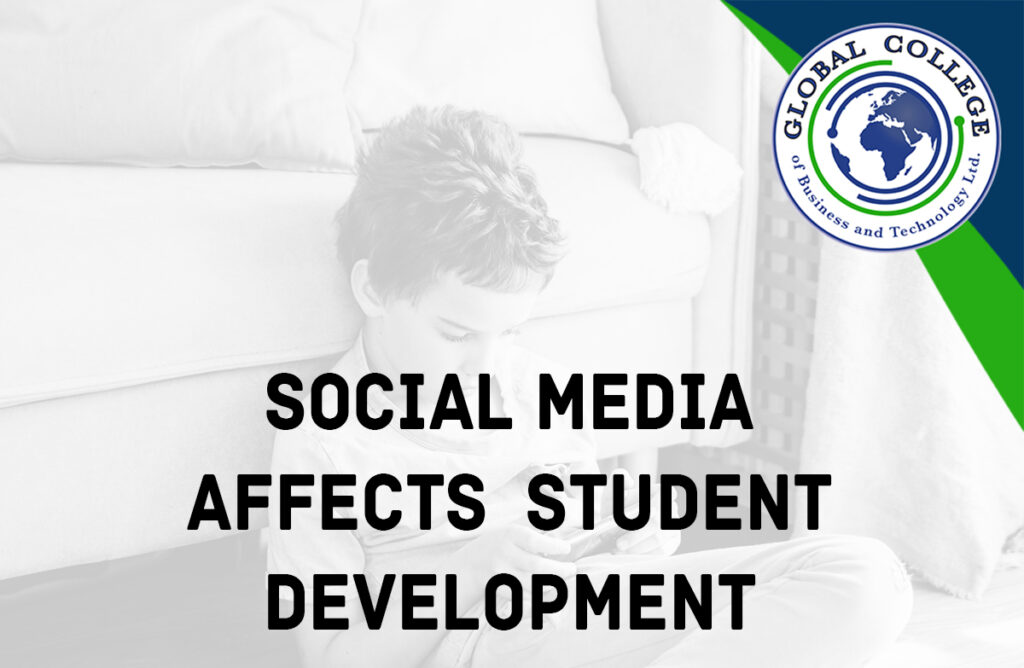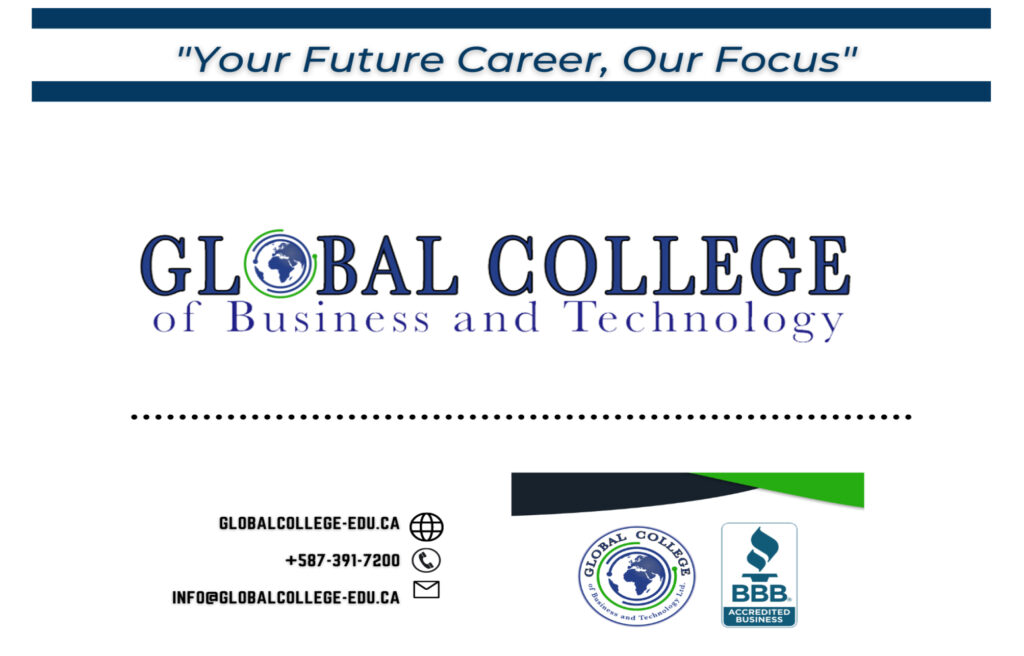
Social Media Affects Student Development

SOCIAL MEDIA AFFECTS STUDENT DEVELOPMENT
Often, we are quick to find faults with social media. It is here to stay and make its mark as an integral part of the digital world. But just like the rule of dualism in life, invented methods or processes are initially created for good, though, in retrospect, harmful effects can settle in. Schools have always been repulsive of the culture of the internet involving learners. Educators are divided on whether it will be suitable for students or just a mishap waiting to happen as it feeds off the identity that we create through either our own volition or being highly influenced by the netizens. It is time to abandon the adult normative perspective and examine how social media use can and does support student psychosocial development. One mistaken assumption adults make is that what happens on social media has no bearing on real life. This is not only a philosophical fallacy, but there is research to show it is not the case. Social media use is essential for students to participate in and support a critical maturation process. Unfortunately, most educators believe that youth only use these sites for frivolous purposes. Many claims that youth use social media for “socializing,” as if social interactions are meaningless in and of themselves. Informal and implicit learning both happen when students use social media.
INFORMAL LEARNING USING SOCIAL MEDIA
Informal learning occurs through educational institutions’ processes and contexts unrelated to teaching, training, or research. Informal learning, for example, involves learning the dominant community language as well as societal mores and values. Implicit learning occurs when a person is unaware that they are learning. Implicit learning is frequently discussed in terms of physical activities such as cycling, jumping rope, gymnastics routines, or swimming; however, implicit learning can also occur in social contexts. Students engage in social information-seeking activities and communication with friends, improving their social and academic integration through implicit and informal learning.
EFFECTIVE USES OF SOCIAL MEDIA
A few factors have emerged from the research on social media that help to promote informal learning.
Students and student affairs professionals interact. According to the research, incorporating social media into a course increases the number and quality of student-faculty interactions. Using social media with students can also help student affairs professionals interact with their students more frequently and effectively.
Student collaboration. Social media can be used in classes to foster and support student cooperation groups, which require students to work together to achieve common goals.
Learning that is active. Students can use social media to reflect on how what they know outside of the classroom relates to formal learning. Students, for example, can reflect on their internship experiences and discover how they relate to what they are learning in class.
Quick response. Social media can provide students with immediate feedback about their coursework from peers and instructors in formal learning settings; however, in student affairs, students can receive immediate feedback about anything, from questions about when financial aid applications are due to learning how to market themselves better online.
High expectations are communicated. Student affairs professionals can communicate high expectations to students through social media by making direct statements about what behaviors and types of communications are expected of them and by modeling appropriate and professional use of the sites and services. Because many students will continue to work in workplaces where social media may be used, students must develop these skills to help them advance in their careers.
Respecting different learning styles. The use of social media allows student affairs professionals to communicate to students that they are interested in meeting them where they are through more expansive methods of student engagement. Students who interact with faculty on social media frequently learn that faculty are approachable and approach those faculty members more frequently than students who do not interact with faculty online.
Using social media is reaching the following informal learning goals:
•Developing and deepening relationships with specific students.
We can use social media to build and strengthen relationships with our students in the same way that we do in the offline context. We can, however, reach out to more students by participating in online social spaces.
• Participating in community building.
Community building in offline settings is frequently accomplished through connections in residence halls and campus activities. Social media facilitates and strengthens these
connections, which is especially beneficial for students who do not live on campus.
•Guiding student sentiment.
It was difficult to assess the sentiments of the student community prior to the advent of social media; however, with social media, student affairs professionals can not only learn about students’ reactions to what we do, but also address issues that may cause these sentiments
to shift.
•Developing networking abilities.
Informal learning is almost entirely used to teach students how to network with those in their chosen field. Students can make a request for assistance by posting an entry on my blog, tweeting a request for assistance with a link to their blog post, or posting on Facebook. If done correctly, they will generate a large number of responses, many of which are summarized in the following section. Social media can be used to model, teach, and improve students’ professional networking abilities..
• Modeling appropriate online behavior.
Through the process of interacting with students on social media, student affairs professionals teach them how to engage civilly in their community.
Again, technology has its dualism and when not properly used might be precarious to the user. However, it also also timely to acknowledge that learning is dynamic and we are quick to adapt. In fact, it’s necessary to learn how to engage in social media practices that will effectively help students transition to college; feel connected to their institution, faculty, and peer group; and develop important academic skills such as information literacy, critical thinking, digital identity development, and self-advocacy.




